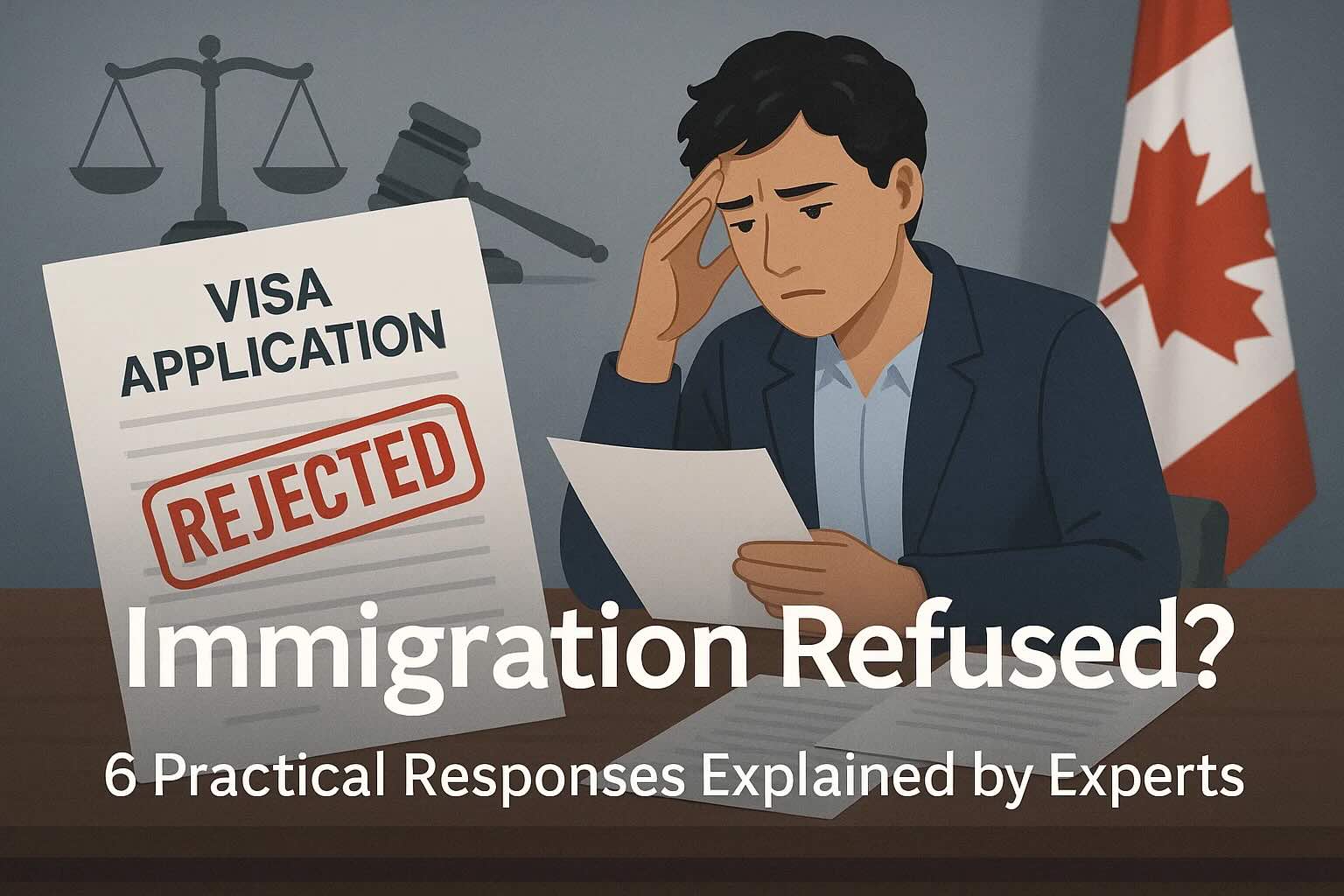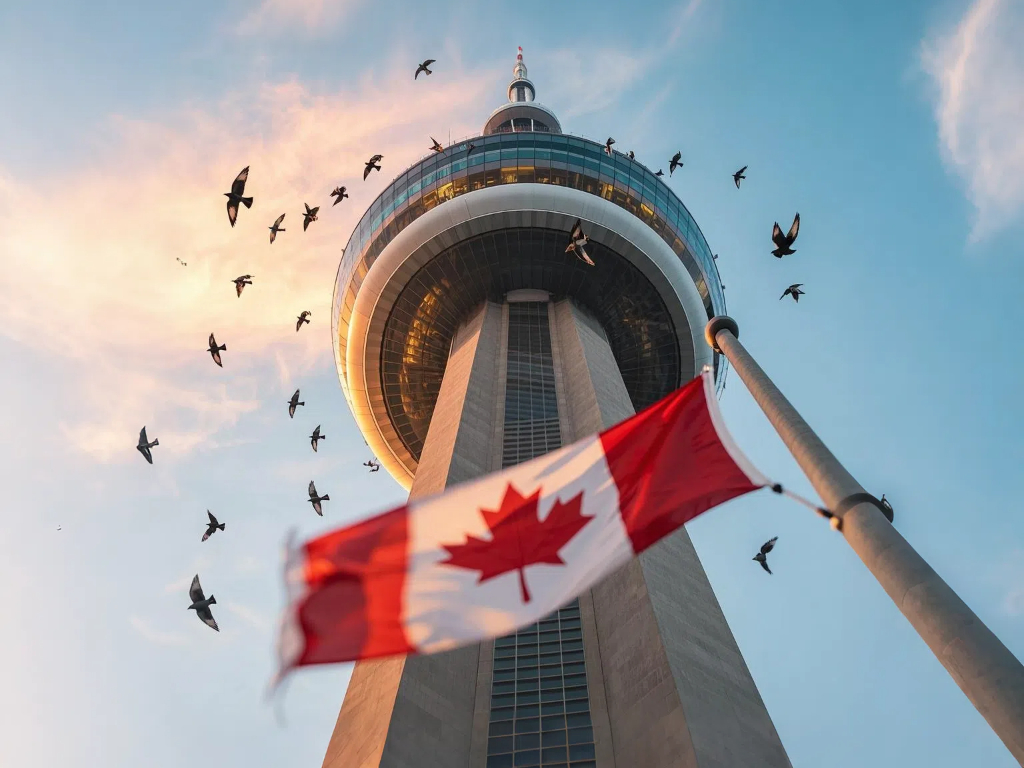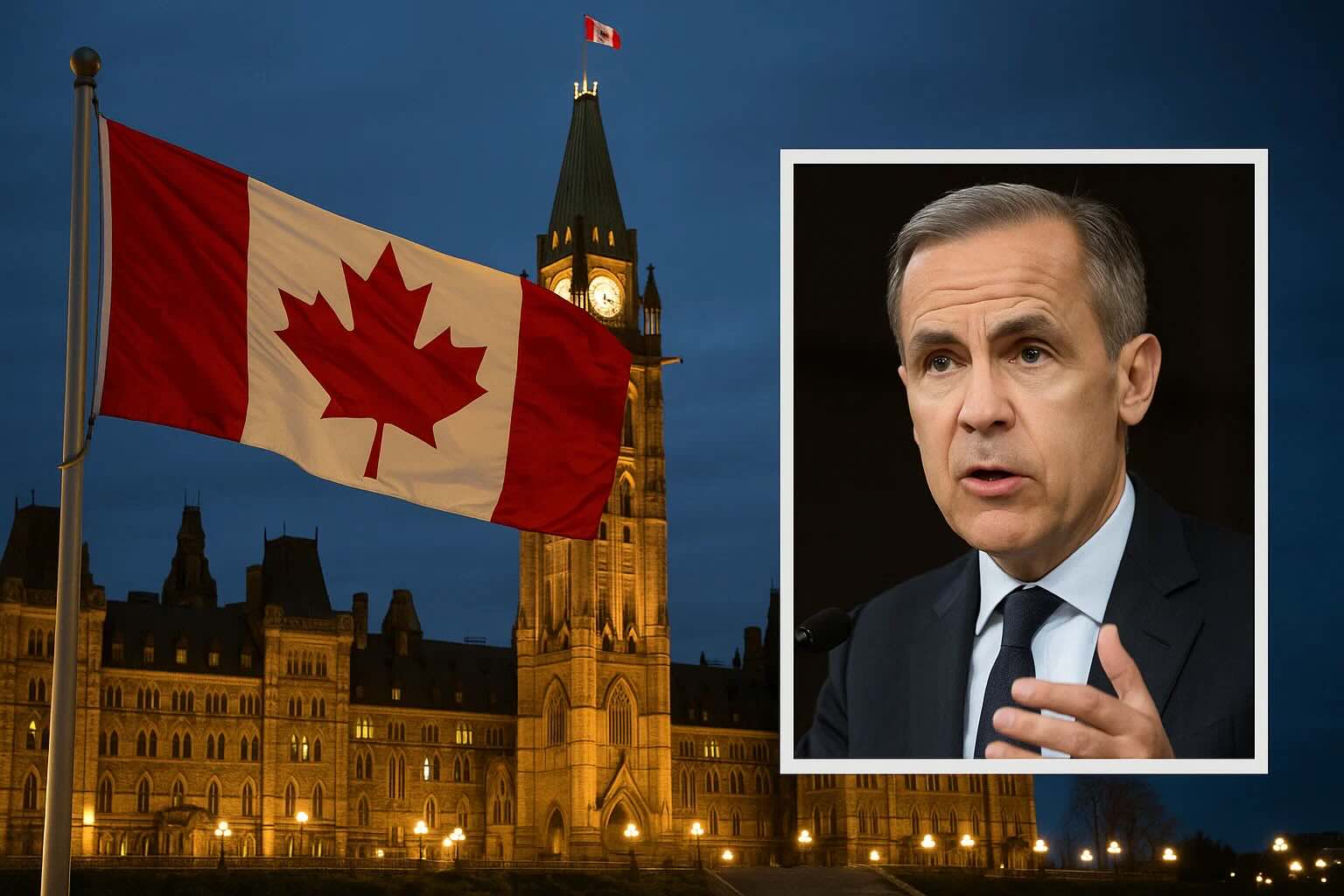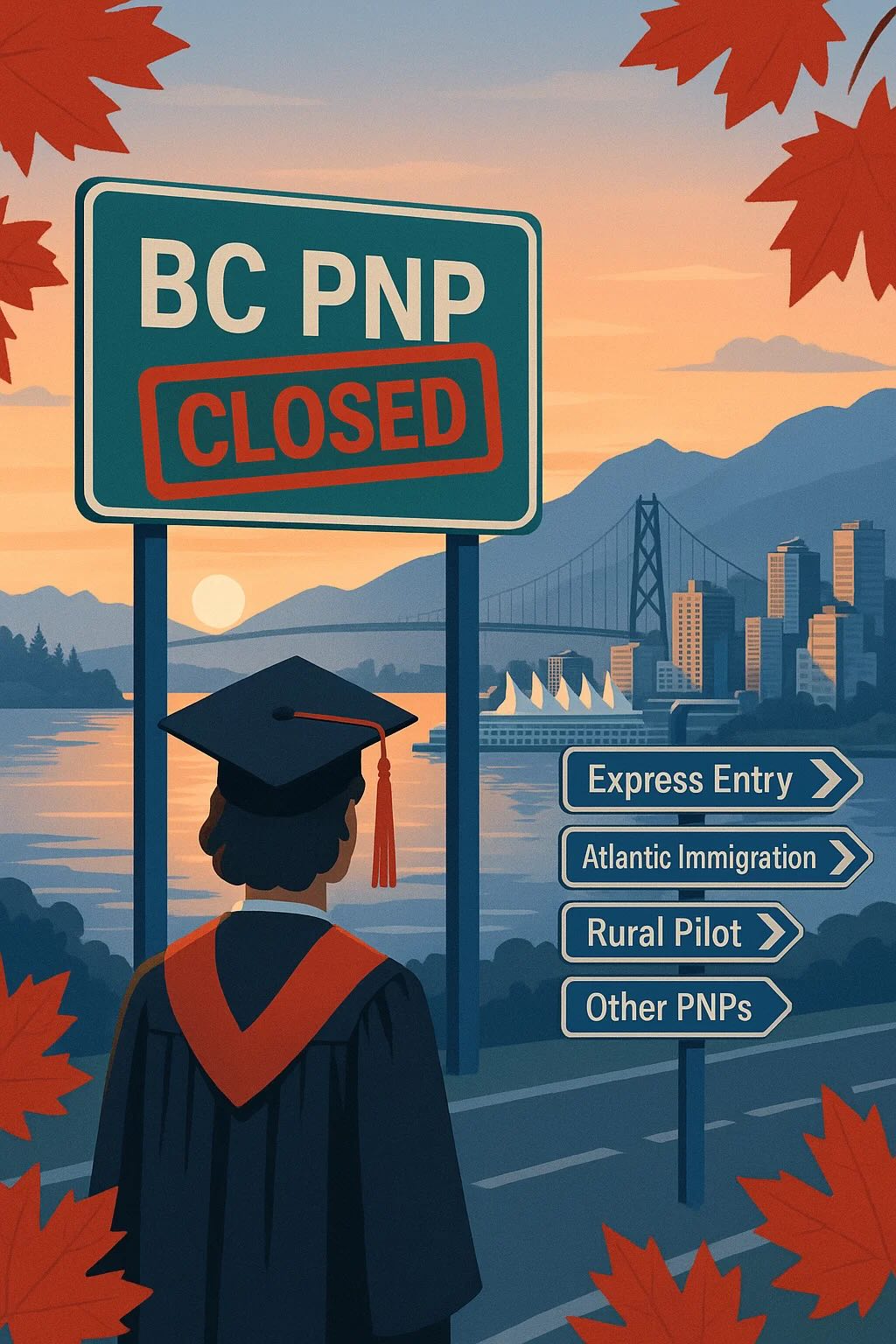
IRCC Internal Guide Reveals: Six Common Pitfalls in Canadian PR Applications and How to Avoid Them
Immigration, Refugees and Citizenship Canada (IRCC) recently released an internal training guide for its officers adjudicating Permanent Resident (PR) applications. This extensive 447-page document, through detailed case analyses, uncovers common oversights and errors made by applicants during the PR application process. These issues can lead to applications being flagged, requiring further review, or even outright rejection. This article will provide an in-depth analysis of these common mistakes and offer professional advice to help potential immigration applicants navigate these pitfalls and successfully make their way to Canada.
05/15/2025

Canadian Immigration Application Refused? Don't Panic, Experts Detail Six Key Response Strategies
Facing a refusal of a Canadian immigration application is a predicament many applicants may encounter. This article provides an in-depth analysis of six primary response measures applicants can take after receiving a refusal notice from Immigration, Refugees and Citizenship Canada (IRCC). These include obtaining detailed reasons for refusal, requesting case reconsideration, filing an appeal (where eligible), seeking judicial review, reapplying after addressing issues, and consulting a professional immigration lawyer. A clear understanding of the refusal reasons and choosing the right strategy are paramount for subsequent actions.
05/14/2025

Canada's New Immigration Minister Takes Office, Policy May Shift Towards "Sustainability"
Following the Liberal Party's victory in the recent federal election, Canada's new Prime Minister Mark Carney has swiftly initiated a cabinet reshuffle. The highly watched position of Minister of Immigration, Refugees and Citizenship Canada (IRCC) has been officially assigned to Lena Metlege Diab, Member of Parliament for Halifax West. The new minister takes office with an outstanding background in provincial immigration management and law, carrying public expectations for her experience and capabilities. How she will lead the formulation and implementation of Canada's immigration policy will be a focal point of attention.
05/14/2025

Unlocking the Career Door for International Students in Canada: Essential Guide to Applying for the Post-Graduation Work Permit (PGWP)
For many international students aspiring to work and settle in Canada, obtaining a Post-Graduation Work Permit (PGWP) is a crucial first step. Immigration, Refugees and Citizenship Canada (IRCC) clearly states that PGWP eligibility hinges on studying at a qualified Designated Learning Institution (DLI) and enrolling in a PGWP-eligible program. Notably, beginning November 1, 2024, graduates at certain study levels will face new language proficiency and field of study restrictions. This report provides a detailed interpretation of IRCC's relevant regulations, guiding international students on how to choose schools and programs correctly to ensure successful PGWP acquisition.
05/12/2025

New Canadian Immigration Opportunity: Sault Ste. Marie Announces Designated Employers for Rural Pathway
Canada's immigration landscape sees a significant update as Sault Ste. Marie, a city in Northern Ontario, has officially released its initial list of designated employers for the federal Rural Community Immigration Pilot (RCIP). This move is a major step for the city in attracting and retaining skilled immigrants and opens new pathways to Canadian permanent residence for eligible applicants globally. Sault Ste. Marie has been allocated 300 spots through this pilot for 2025.
05/08/2025

IRCC Introduces Major Convenience: Eligible IEC Participants Can Receive New Work Permits Via Mail In-Canada
Immigration, Refugees and Citizenship Canada (IRCC) recently announced a significant policy change allowing eligible International Experience Canada (IEC) participants already in the country to receive their new work permits by mail to their Canadian address, provided they meet specific criteria. Effective immediately until December 1, 2025, this measure aims to streamline the renewal process and enhance convenience, particularly in response to the 'flagpoling' ban implemented since December 24, 2024, thereby reducing pressure on border resources.
05/07/2025

Thunder Bay's RCIP Program Achieves Key Milestone: First List of Designated Employers Officially Released
Thunder Bay, a city in Northwestern Ontario, has officially released the first list of its designated employers for the Rural Community Immigration Pilot (RCIP). This program is employer-focused, requiring applicants to secure a full-time job offer from a designated employer within the community and meet specific criteria related to language, education, settlement funds, and more. The release of this list, outlining businesses approved by the Community Economic Development Commission (CEDC) across sectors like retail, food service, construction, and healthcare, provides crucial information for individuals interested in immigrating through Thunder Bay's RCIP pathway.
05/06/2025

Crucial Step in Immigration Applications: How to Effectively Prove Your Work Experience to IRCC
For foreign nationals seeking to start a new life in Canada, accurately and effectively proving past work experience is a critical element for the success of their Permanent Residence (PR) application. Work experience is not only a fundamental requirement for numerous immigration programs but also a significant component of the Comprehensive Ranking System (CRS) score within the Express Entry system. However, the work experience information submitted by applicants can sometimes be questioned by officers from Immigration, Refugees and Citizenship Canada (IRCC). This article will delve into the common reasons why immigration officers might raise questions about work experience and provide targeted response measures and verification strategies that applicants can employ to clarify doubts and enhance their application's success rate.
05/04/2025

Carney Government Re-elected: New Directions in Canadian Immigration Policy Centre on 'In-Canada Priority' and 'Targeted Talent Acquisition'
The 2025 Canadian federal election has concluded, with Mark Carney's Liberal Party securing re-election. The direction of the Carney government's immigration policy for its new term is becoming clear, centering on the core principles of 'stabilizing overall numbers, optimizing the composition, and accelerating processing through technology.' This article delves into the specific policy points, including maintaining the permanent resident cap, significantly reducing temporary residents, stabilizing study permit quotas, relaunching the Global Skills Strategy, increasing the proportion of Francophone immigrants, and advancing processing technology upgrades. It also analyzes the potential opportunities and challenges these policies present for various immigration applicants.
04/30/2025

BC Halts New Immigration Streams for International Graduates; Other PR Pathways Essential Amidst Policy Shift
International graduates who had pinned their hopes on the British Columbia Provincial Nominee Program (BC PNP) graduate streams for obtaining Canadian permanent resident status are now facing significant challenges. The BC PNP has closed its previous International Graduate and International Post-Graduate streams and has indefinitely suspended the opening of three new graduate streams that were planned for 2025. This major shift is primarily a result of the federal government's substantial reduction in BC's provincial nomination allocation for 2025, compounded by a large backlog of existing applications. With the closure of the BC PNP graduate pathways, international graduates currently in BC must now actively explore other economic immigration avenues available across Canada, including the Canadian Experience Class under Express Entry, federal pilot programs, and Provincial Nominee Programs in other provinces.
04/27/2025